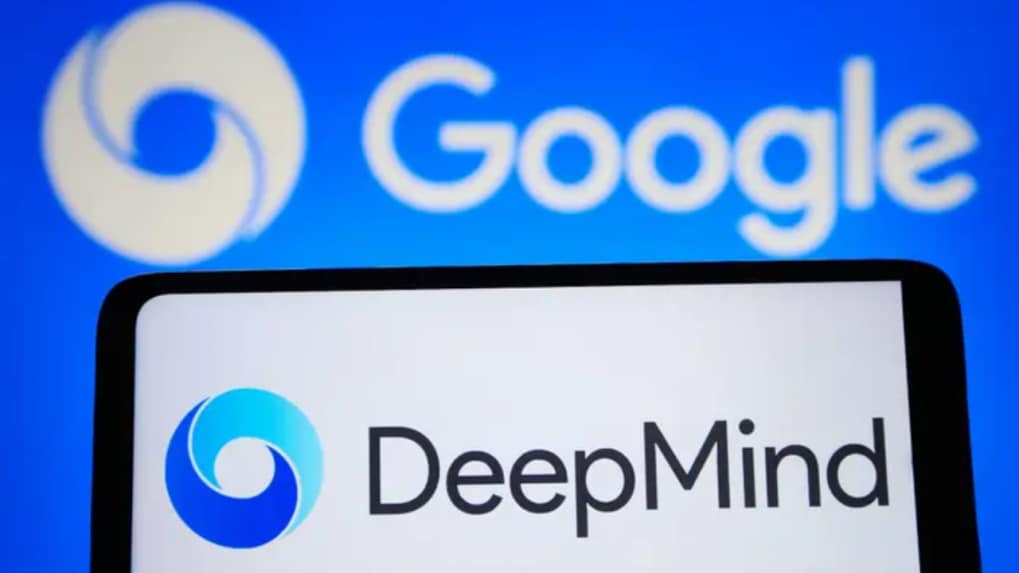Digital
Why OpenAI is hiring 100 ex-bankers: Inside the ChatGPT-maker's secret project to automate Wall Street's grunt work

As debate continues over whether artificial intelligence will one day rival or surpass human intelligence, Google DeepMind’s Chief Scientist Jeff Dean has suggested that the moment may already have arrived in many areas.
Speaking on the Moonshot Podcast, Dean stopped short of invoking the term “Artificial General Intelligence” (AGI) but argued that today’s models are already “better than the average person at most tasks” that do not involve physical activity.
“Most people are not that good at a random task if you ask them to do that they’ve never done before,” Dean said. He added that some of the models available today are pretty reasonable at most things.
However, he stressed that while these systems can often outperform the average individual, they are not on par with world experts. He cautioned that they will fail at a lot of things as they’re not human expert level in some things. That’s becomes a very different definition from being better than the world expert at every single task.
When asked how far away AI is from making discoveries faster than humans, Dean said: “We’re actually probably already close to that in some domains, and I think we’re going to broaden out that set of domains.”
He pointed to areas such as science and engineering, where automated search and computation could accelerate progress. “There will be a lot of domains where automated search and computation actually can accelerate progress — scientific progress, engineering progress. All these things I think are going to be important for advancing what we as people can do over the next five, 10, 15, 20 years,” Dean added.
In a wide-ranging interview with Storyboard18, Sorrell delivers his frankest assessment yet of how the deal will redefine creativity, media, and talent across markets.